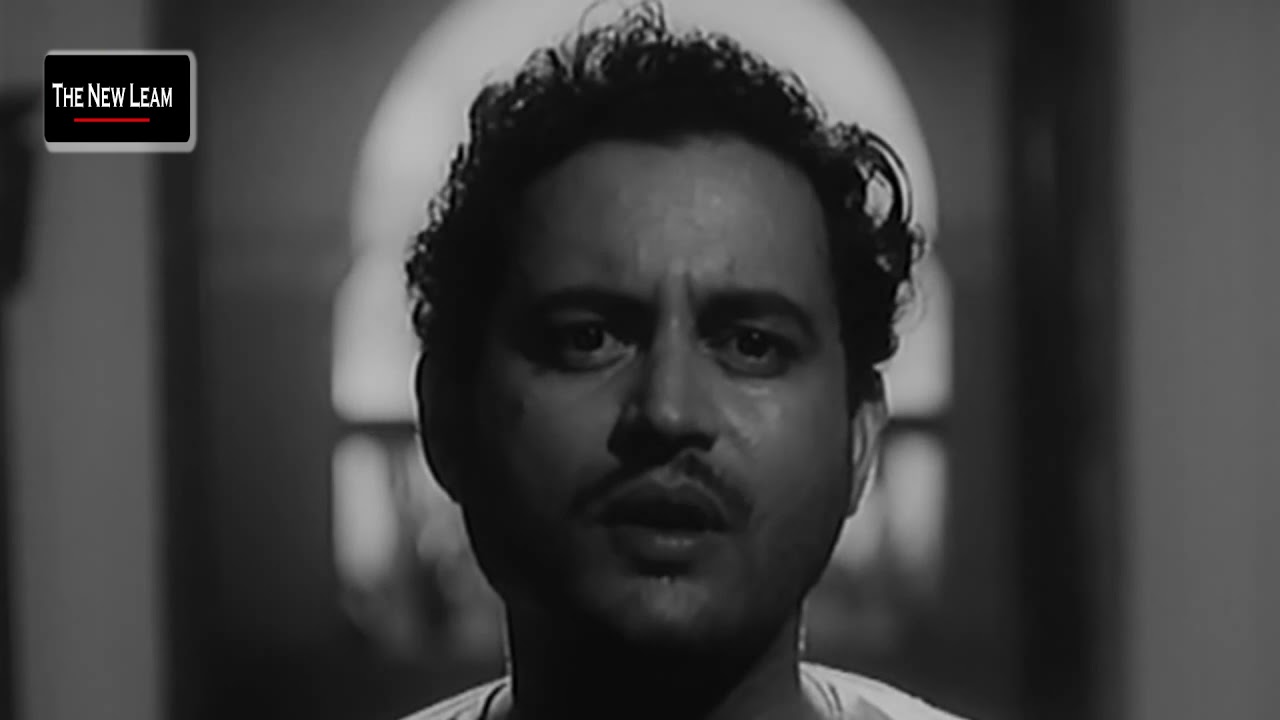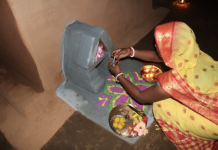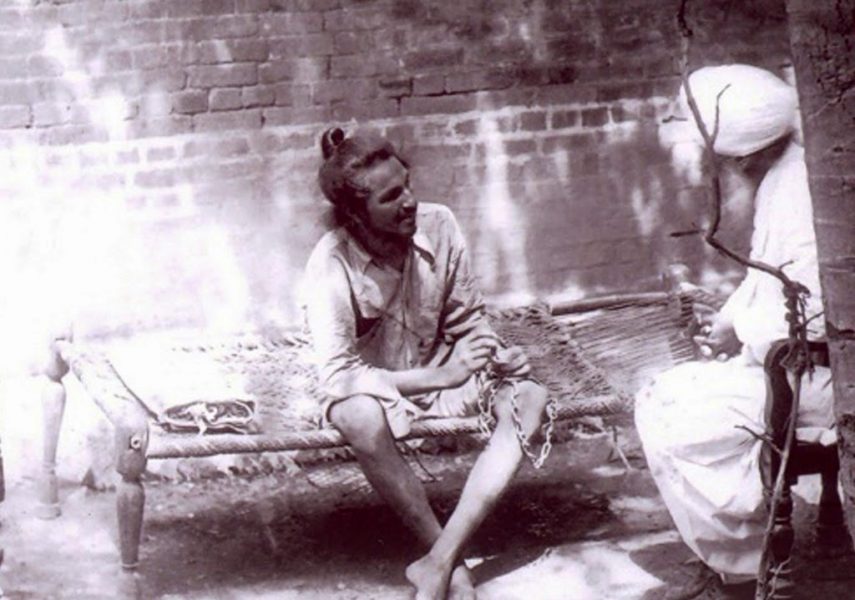Is it possible to think of a new beginning in 2019? With a penetrating insight , the author raises a series of critical issues.
Avijit Pathak is a Professor of Sociology at JNU, New Delhi.
Where is the child?
Go, find him.
Let him confront the King.
Let him stand fearlessly in front of him.
Let his voice drown the din of the crowd
and ring out
Hey King, Where are Your Clothes?
– Nirendranath Chakraborty
As we say goodbye to 2018, a question begins to confront us: Is it possible to expect something different in 2019? Yes, hope sustains us, and helps us not to fall into the trap of life-killing pessimism. Does it then mean that we are really passing through dark times, and desperately striving for a change? There is no single answer to this complex question. For instance, I am aware of the fact that there are many who would say that India is developing, acquiring a new confidence with its assertive Prime Minister, and its new middle class feels happy with the passion of nationalism, militaristic power and modes of ‘good’ living that the neoliberal market promises.
However, not everyone would agree with this rosy picture. And I too am one of them. No, I loathe cynicism. But then, I believe that we can go ahead, and create a new future only if we are honest enough to understand and acknowledge the discontents of the prevalent reality.
The Age of Darkness
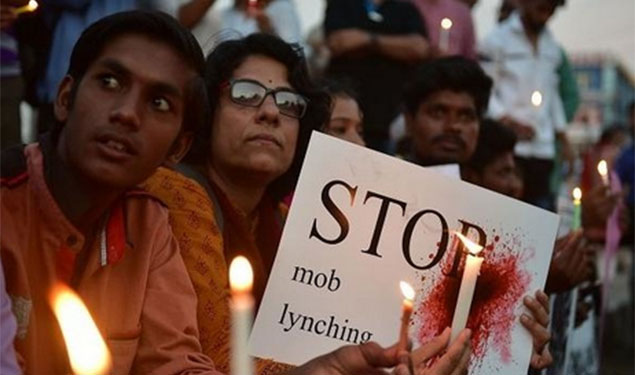
With my socio-political imagination, I would identify three central components of the present crisis. First, I think that what we are passing through is a decadent political culture. When politics becomes merely a career for self-promotion, activates aggression, and stimulates the crowd mentality, it loses its central function – fighting all sorts of injustice, generating creative human agency, developing mature citizenship filled with critical voices and self-reflexivity, and making the state accountable to people. Ironically, we see a kind of politics that is full of rhetoric and empty slogans; it distorts the meaning of nationalism as some sort of militaristic aggression; it despiritualizes religion, and transforms it into an ideology of hatred; and it divides and brutalizes. Mob lynching, cow vigilantism, hate speech, verbal aggression, abuses and constant blame game (you can’t speak of Gujarat riots because you were responsible for the 1984 riots; Rafel is justified because Before was there; farmers are in distress because Nehru didn’t allow Sardar Patel to become the Prime Minister of India after Independence; and our Hindutva is legitimate because even Rahul Gandhi is compelled to visit temples, and declare his gotra) constitute the prevalent political culture. Barring select dissenting voices, the politics of this kind seems to be all-pervading. It appropriates and falsifies everything: the agony of the marginalized, the plight of the poor, the iconization of Dr.B.R.Ambedkar, and even the heroism of Bhagat Singh.

Second, the declining moral foundations of our society haunts me. At one level there is widespread legitimization crisis. It is becoming increasingly difficult to trust the major institutions–CBI, RBI and public banks (and who knows even judiciary, as some would whisper, can be seen with doubt). As the likes of Nirav Modi and Vijay Mallaya, despite the massive fraud they were involved with, are allowed to leave the country, we begin to smell an unholy alliance of the political class and the filthy bourgeoisie. The rich and the powerful love to remain intoxicated with the vulgar demonstration of their wealth and social capital. While in Isha Ambani’s wedding we see the spectacle of waste, the IPL auction in Jaipur reminds us what Karl Marx talked about–the way ‘commodity fetishism’ reduces us into things or objects for sale. In a way, the seductive power of the culture of consumerism makes the middle class more and more separated from the poor and the marginalized sections of society. Gated communities and ghettoized slums, malls and weekly bazars, and fairy tales of Virat Kohli and Anushka Sharma, and the sexual abuse of the brigade of domestic help (imported from Jharkhand) in Dehi’s ‘smart’ enclaves –the more we erect the walls of separation, the more we create the ground for violence.
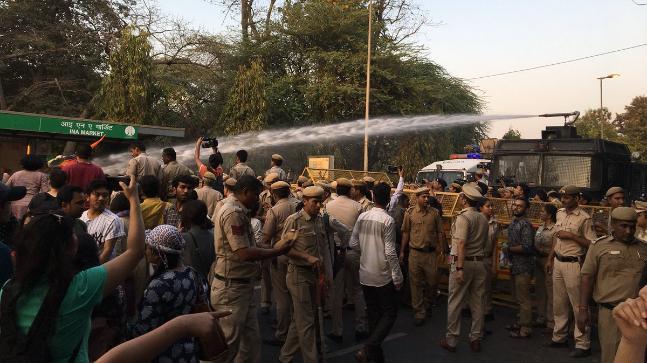
Third, we are witnessing the death of emancipatory education. As any critical voice is seen as ‘anti-national’, the culture of debate declines. With the meticulously designed surveillance machinery, the psychology of fear is generated. It conveys a message: remain silent; don’t ask critical questions; otherwise, one fine morning you too may be arrested as a ‘conspirator’: an enemy of ‘Bharat Mata’. No wonder, public universities-the sites of critical thinking-are attacked, and systemetically destroyed. No solely that. The critical spirit in liberal education is seen as irrelevant. Education (thanks to the ever growing technical/management institutions and all sorts of private universities) is reduced into a ‘skill’ the market needs to sell its products. The manifestations of the crisis in education can be seen in the media-induced culture. Television soap operas, the Karan Johars and the Chetan Bhagats of ‘popular’ culture, the noisy news channels, and the thoughtless instantaneity of toxic social media-seldom do we communicate and spread what we need to liberate ourselves from the trap of falsehood and illusory packages of ‘success’. It affects every sphere of life.The pornographic mindset becomes the new normal; sexual violence enters the corridors of schools, the “Me Too” narrative becomes part of almost every domain of work, reality shows kill the innocence of children, and all sorts of celebrity ‘gurus’ are born to cope with our psychic depression and anxiety neurosis. Where is then the education that liberates?
Is the Paradigm Shift Possible?
At this juncture, I begin to recall Gandhi. In the process of the struggle for decolonization, Gandhi repeatedly reminded us that merely the change of rulers (from white rule to brown rule) would not give us real swaraj. This would require, as Gandhi thought, a complete paradigm shift-from ‘brute force’ to ‘soul force’, from utilitarianism to sarvodaya, from crude Machiavellianism to spiritualized politics, and from the aggression of colonial modernity to a decentralized form of governance.
Is it possible in 2019 to think of yet another paradigm shift-from militant nationalism to people’s state in tune with cross-national conversations, from the onslaught of the market to the ecologically sensitive/sustainable model of development, from the manufactured needs of consumerism to the genuine needs of a spiritually enriched communitarian living, from militarism to civility, and from communal politics to the ethic of love and spiritual oneness? Well, in this election year, we all will take active interest in the way things would take shape. Yet, one thing is certain. A mere change in the ruling regime would not make a fundamental difference.
As Paulo Freire said beautifully, revolution should not be seen as a gift given to us by others. Yes, many of us would cast our votes, and see that we can say ‘no’ to the dictum that all authoritarian regimes propagate: there is no alternative. But then, this is merely a small step. For retaining our hope in 2019, we have to activate ourselves, redefine the priorities of life, strive for critical/creative ideas, acknowledge and fight the seeds of corruption, narcissism and communalism we often carry in our social engagement, and acquire the courage to say ‘no’ to to the Emperor ,even if all the media channels declare him as the incarnation of Lord Rama.



